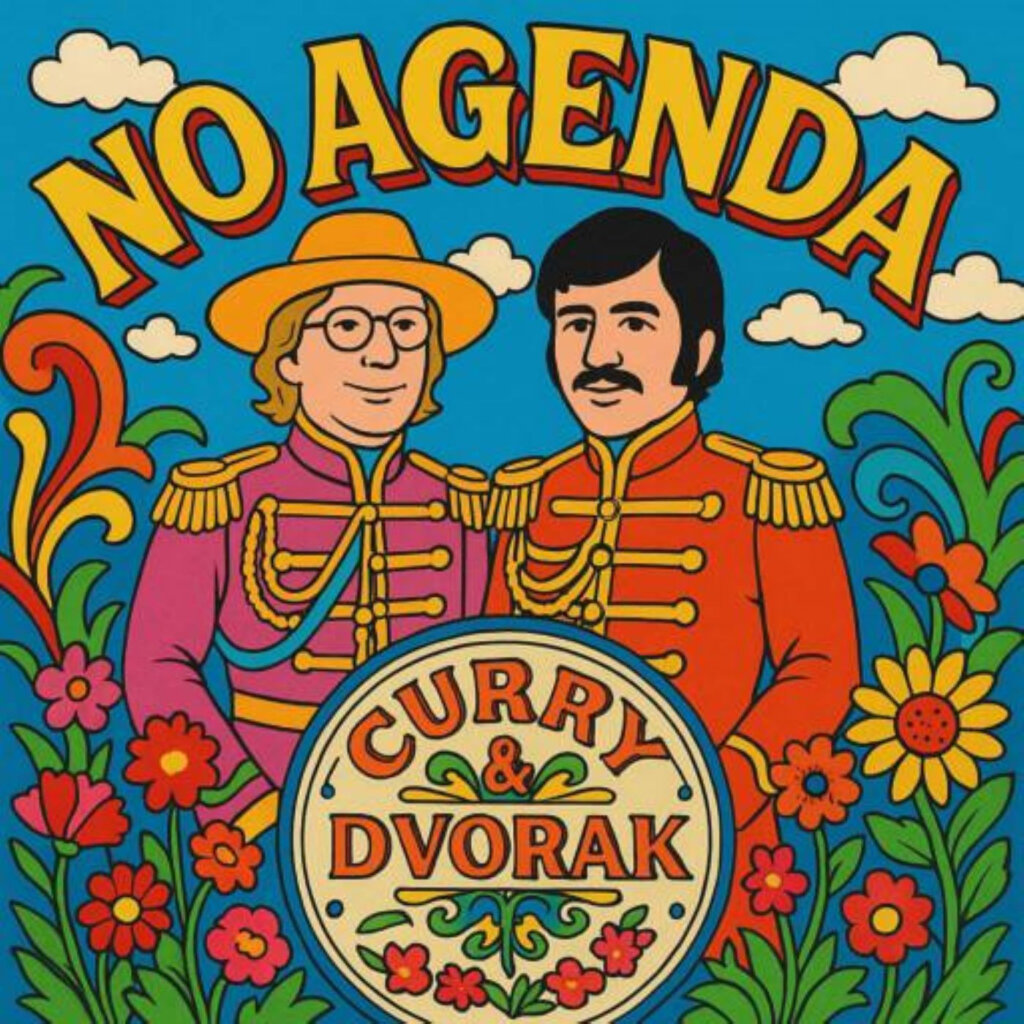Dear Adam,
ITM!
I am a certified lactation consultant and pediatric registered
dietitian. Hoping that I can answer your questions about infant formula
and breastfeeding that y'all were asking on the last show.
Historically,
some moms have always had trouble breastfeeding. The options for
feeding your baby before formula were finding a wet nurse or making a
homemade formula yourself. Homemade formula was usually made from
diluted cow's or goat's milk with other ingredients added to try to make
it more nutritionally appropriate. Straight cow's or goat's milk are
NOT appropriate for infants due to the high amount of protein and other
minerals that can't be filtered properly by the baby's immature kidneys.
Homemade formulas typically had ingredients like cod liver oil added to
provide vitamins D and A, as well as other ingredients. You can still
find recipes on the internet such as here:
https://old.passionatehomemaking.com/2009/11/goats-milk-formula-natural-supplementation-for-baby.html
When
formula was invented, this was viewed as an easy option for moms who
had trouble breastfeeding. However, the formula companies wanted to make
as much money and extend their market as much as they could. This led
to a HUGE push in marketing of formula in the 70s, both in the U.S. as
well as in other less developed countries. Nestle was one of the worst,
aggressively pushing their formulas in developing countries and causing
many moms to stop breastfeeding because they thought formula was
healthier, with the sad result being malnutrition and death of many
babies in these countries.
There was a huge
outrage after this which resulted in the creation of the WHO
"International Code of Marketing of Breast Milk Substitutes" in 1981
(rules that countries could adopt that prohibited the unethical
marketing of formula over breast milk, although participation by
countries is voluntary). You can find the entire set of guidelines here :
https://www.who.int/publications/i/item/9241541601
https://iris.who.int/bitstream/handle/10665/254911/WHO-NMH-NHD-17.1-eng.pdf
The
pendulum has definitely swung back the other way today. Many hospitals
are becoming "baby friendly," meaning they have rules in place to push
breastfeeding rather than formula. These days, most educated women know
that breast milk is best for their babies and most try to breastfeed.
However, many women have trouble exclusively breastfeeding for a number
of reasons: moms are having babies when they're older (less glandular
tissue to make milk), the medicalization of childbirth (use of epidurals
and increased C-section births prevents optimal initiation of
breastfeeding), and also increased prevalence of chronic health problems
in the moms, such as obesity and diabetes, which increase your risk of
breastfeeding problems. I also have patients who do everything right but
still produce barely any milk and have to rely on formula or who have
horrible pain when they nurse and give up breastfeeding. Even when
things go well, it is a LOT of work to breastfeed (or pump milk to
bottle feed) and having done it with both of my daughters, I understand
why exhausted, stressed out moms give it up for the ease of formula.
Formula companies try to emulate breast milk as best they can, but it's
just like any other processed food that can't compare to the natural
thing. Most of my patients who can afford it are indeed opting for
European formulas that are viewed as cleaner than American ones. There
are milk banks that provide donor milk, but there is a limited supply so
this is usually reserved for sick babies in the neonatal ICU. Selling
breast milk is illegal, but there is a lot of informal sharing that goes
on these days, especially with social media allowing people to connect
in order to find a donor.
Hope this helps! TYFYC!
Dame Sara in Houston

